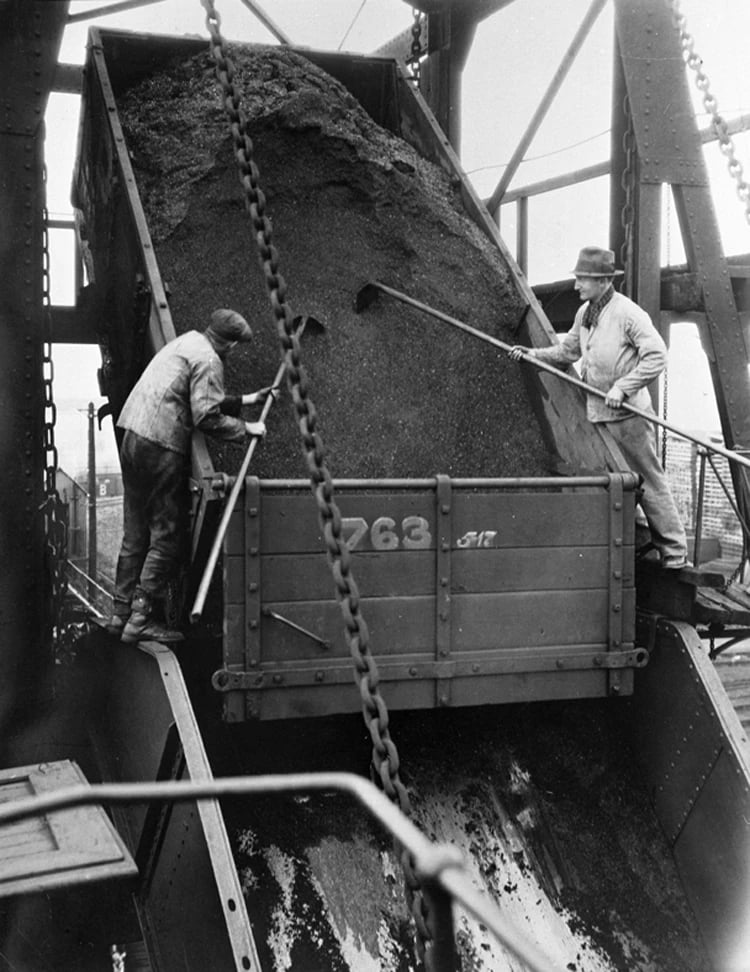Coal Tip Safety: What it means for Ebbw Vale South, and how we keep our community safe
I’ve written a new blog sharing what coal tip safety means for us here in Ebbw Vale South. In it, I break down the Welsh Government’s inspection process, the categories that coal tips are placed in, and the new funding and legislation that’s been put in place. Most importantly, I explain what this means for our community, how I’ll keep pressing for transparency and accountability, and how residents can help by reporting concerns. My focus, as always, is on keeping Ebbw Vale South safe, informed, and looked after.
Jonathan Millard
10/1/20253 min read


Coal Tip Safety: What it means for Ebbw Vale South, and how we keep our community safe
My job is to keep things simple, honest, and focused on what’s right for Ebbw Vale South and Blaenau Gwent. Coal tip safety is one of those issues where clarity, regular updates, and practical action really matter.
This note summarises the latest national position on coal tip safety in Wales and what it means for us locally. For full, official details, please read the Welsh Government’s coal tip safety page: https://www.gov.wales/coal-tip-safety
Why this matters locally
Coal tips are part of our industrial heritage. Most are stable and well managed, but climate change (heavier rain, more frequent storms) means we have to stay on top of inspections, drainage, and maintenance. The Tylorstown landslip in 2020 was a wake-up call across Wales to step up monitoring and put a modern system in place.
The current picture in Blaenau Gwent
According to the Welsh Government’s Spring 2025 dataset, Blaenau Gwent has 129 disused coal tips across all categories:
Category D: 6
Category C: 14
Category B: 37
Category A: 63
Category R: 9
Total: 129
These figures cover the whole county borough (which includes Ebbw Vale South). Ward-by-ward counts aren’t published on the national page, but you can explore the all-Wales interactive map via the Welsh Government’s coal tip safety page to see what’s near you: https://www.gov.wales/coal-tip-safety
What the categories mean
Category D: Potential to impact public safety; inspected at least twice a year
Category C: Potential to impact public safety; inspected at least once a year
Category B: Unlikely potential to impact public safety
Category A: Very unlikely potential to impact public safety
Category R: Very unlikely, often removed/levelled or built over
Inspections identify maintenance needs (e.g., drainage clearance, vegetation management, access improvements). Under the current regime, categories aren’t reduced just because a site looks better—this ensures higher-risk tips continue to be monitored as originally rated.
Inspection and maintenance: what to expect
Category C tips: inspected annually
Category D tips: inspected at least twice yearly
Category B tips: completed inspections in 2024
Category A tips: a two‑year inspection programme started in 2025
Funding is in place to support councils and Natural Resources Wales through the Coal Tip Safety Grant scheme. In March 2025, Welsh Government confirmed £34m for 2025‑26 to undertake works on 130 tips across Wales—taking investment beyond £100m this Senedd term. With additional UK Government allocation, total coal tip safety investment will exceed £220m. Source: Welsh Government coal tip safety page.
Stronger laws and a new authority
The Senedd passed the Disused Mine and Quarry Tips (Wales) Bill in July 2025 (officially sealed on 11 September 2025). This modernises how tips are assessed, registered, monitored, and managed. A new Disused Tips Authority for Wales will be established in April 2027 to formalise and strengthen the work already happening. Until then, the current inspection and maintenance programme continues with local authorities, Natural Resources Wales, and the Mining Remediation Authority. Source: https://www.gov.wales/coal-tip-safety
Using technology and better data
Wales is trialling monitoring tech at more than 70 higher‑rated sites—part of a continuous improvement approach. Tip data is updated twice a year, with spring and autumn publications to reflect the latest inspections and boundary revisions. The Welsh Government has merged all tip categories into a single all‑Wales map for easier public access. Start here: https://www.gov.wales/coal-tip-safety
My approach as your Independent Councillor
My guiding principle is simple:
“Is it right for Ebbw Vale South? Is it right for Blaenau Gwent? If yes to both, we move it forward. If no to either, then we debate, discuss, and find alternatives.”
On coal tip safety, that means:
Independence and accountability: I will keep pressing for clear local information, timely inspections, and transparent reporting of maintenance actions.
Community pride and fairness: Residents deserve updates in plain English, not jargon. No fearmongering—just honest facts and swift follow-up.
Practical problem‑solving: If you report an issue, I’ll log it with the right team and chase it through to a clear outcome. If bureaucracy gets in the way, I’ll challenge it.
How you can help
If you notice drainage problems, unusual ground movement, blocked culverts, or water pooling near a known tip area, report it promptly.
For immediate safety concerns, always call 999.
For non‑emergencies related to potential coal tip issues, contact Blaenau Gwent Council and copy me in so I can help track and escalate where needed.
You can explore the national information and map starting here:
Welsh Government coal tip safety: https://www.gov.wales/coal-tip-safety
Stay in touch
I hold regular councillor surgeries—watch my site and local notices for dates and locations.
Prefer email or a call? Get in touch and I’ll arrange a time that suits you.
Together, we’ll keep Ebbw Vale South safe, informed, and looked after—with transparency, common sense, and a focus on what’s right for our community.


